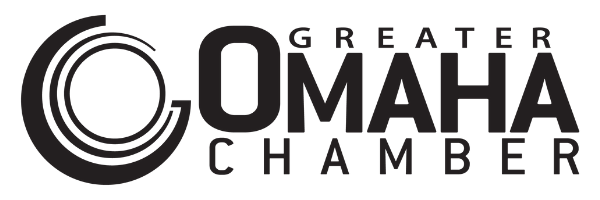Tuesday is the 71st day of the Legislature’s session. That means there are 20 days to get done what can get done, and that includes updating Nebraska’s economic development programs, taxes, and the budget.
Tuesday at 1:30, senators take up floor debate on tax reform. There has been plenty of discussion on tax matters throughout the session, (the property tax particularly), but this will be the first on what could be deemed as a comprehensive. By itself, it would not address all that many feel should go into a “comprehensive” plan, but it serves as the core of such an approach.
The Revenue Committee will offer AM 1572 to LB 289, which was introduced in January as a placeholder bill. In a nutshell, the amended LB 289 would: Extend the sales tax to candy and soda pop, bottled water, haircuts, home electrical, plumbing, and HVACservices, taxies and ridesharing, pet care, moving and storage, and even ice. (Nebraskans seem to purchase a lot of ice.) The per-pack cigarette tax would be increased by 36 cents. The state sales tax rate would be increased from 5.5 to 6 percent.
As to how this would place Nebraska competitively among its neighbors, a few things need to be taken into consideration. The average state rate among the seven states is 4.8 percent, and Nebraska places 5th highest in that comparison. However, the average combined state and local rate is 7.16 percent. Nebraska (6.85 percent) is middle of the pack by that measurement, and Colorado, with the lowest regional state rate (2.9 percent) is third highest regionally and 16th highest nationally.
Where would the revenues go? School funding. The measure would lower the maximum school general fund levy from $1.05 to (at least initially) 95 cents per hundred dollars of valuation. Through a mixture of the TEEOSA school aid formula and a new foundation aid component (which would provide per-student funding to all schools), this is intended to provide an average 20 percent reduction in taxpayers’ school tax bill.
The hearing on the Revenue Committee’s amendment drew four proponents, 49 opponents, and 12 testifying neutral. To what extent does that affect floor debate?
LB 289 is not the only tax proposal in the equation. There could be measures aligned with the tax package directed at corporate and individual income taxes as well.
A crucial part of this is a modernization of how we approach economic development. On Thursday, the Revenue Committee forwarded LB 720, the ImagiNE Nebraska Act, for consideration by the full Legislature. This is an imperative update to Nebraska’s primary economic development program and a top Chamber priority. Please make note to let your senators know how important this is to the state.
All of this is linked to the state budget. Wednesday is slated for consideration of the Appropriations plan for a new two-year spending plan. It is expected to be a late night of debate.
There are still some other proposals in play outside of the tax and budget debate. This includes LB 492, which would allow the establishment of regional transit authorities, a key to upgrading transit services in the greater metro area. Floor debate was opened on LB 492, and now it awaits further consideration.
Should be an interesting and indicative-of-things-to-come week.
Jennifer Creager
Senior Director, Public Policy
808 Conagra Dr., Ste. 400, Omaha, NE 68102
Lincoln Office: 402-474-4960
Refer to the Public Policy page on the Greater Omaha Chamber’s website or contact Jennifer Creager or Tim Stuart at 402.474.4960 if you have questions.
Also, click here if you are interested in reading the Legislature’s Update of the happenings in Lincoln.
